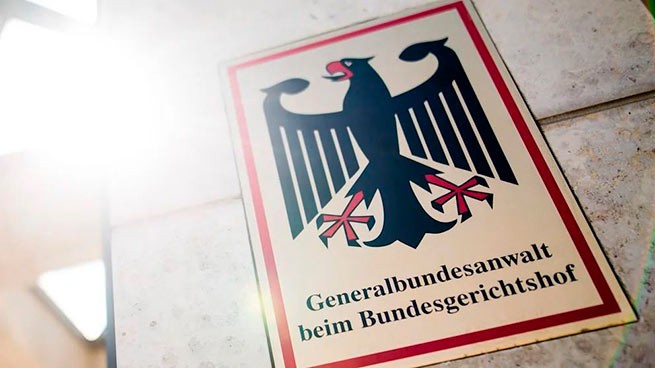While many countries have been considering a guaranteed minimum income for every citizen in recent years, and some are already experimenting with it, in Germany there are thoughts of a more advanced step towards reducing inequality.
One of the country’s most important economic research institutes, DIW, is proposing that the German state allocate to every citizen, without exception, 20,000 euros upon reaching the age of majority, at the age of 18, to offer the opportunity to either study, or start their own business, or receive some kind of vocational education, or even pay part of the price to buy the asset. Definitely don’t waste them.
The idea is in the same vein as the minimum guaranteed income, a measure aimed at minimizing poverty by providing a basic income for all, without any conditions and even without checking the property status of the beneficiaries.
However, as a related report in the German newspaper Deutsche Welle points out, “minimal wealth,” or Grunderbe as the term sounds in German, is a centuries-old idea. This is due to the wide-ranging inequality in the country and the fact that the poorest 50% of Germany’s population inherited little or nothing from their families, as DIW points out.
“If we really want to ensure prosperity for all in the near future, then we must reduce the great inequality through the redistribution of wealth.”
Bach estimates that this measure will cost the German state 22.6 billion euros a year, as around 750,000* people come of age in Germany each year. The brave economist does not lose sight of the resources from which this rather expensive undertaking can be financed. He proposes to increase inheritance taxes, as well as to impose a tax on great wealth, through the reform of the property tax.
As this economic institute points out, compared to other countries with similar incomes, Germany has higher inequality, and wealth is concentrated in the hands of a few. The richest 10% of the population controls 2/3 of all private wealth, which is estimated at around 12 trillion euros, while the richest 0.1%, i.e. the richest people in Europe’s largest economy, control more than 1/5 of the wealth. On the contrary, the poorer half of the population has no or almost no assets and controls only 1/3 of all private wealth.
According to a study by Forum New Economy, these are families whose members bequeath little or nothing to their descendants. Defending his groundbreaking idea, Stefan Bach argues that if a minimum welfare measure were implemented, it would increase the wealth of the poorest half of Germany’s population to between 57% and 94%. He also challenged the new chancellor, socialist Olaf Soltz, stressing that “if the new ruling coalition really wants to solve the problem of inequality, it must take steps to increase the welfare of the middle class by supporting self-government, providing pensions and providing Germans with some assets.”
The agreement, which formed a ruling coalition of Social Democrats, Greens and New Liberals from the FDP party, provides for some measures to create property and housing, for private supplementary pensions and for income tax deductions. In Britain, after all, the Wealth for All pressure group is calling on the government to provide a “decent amount” to those who reach the age of 25, “regardless of their wealth, how lucky or unlucky they are, and how generous or not their parents.






More Stories
Germans from Russia were arrested in Germany on charges of preparing to strike US bases
The New Arab: "US approves possible operation in Rafah in exchange for Israeli refusal to attack Iran"
The population of Ukraine and the Russian Federation is predicted in the coming years